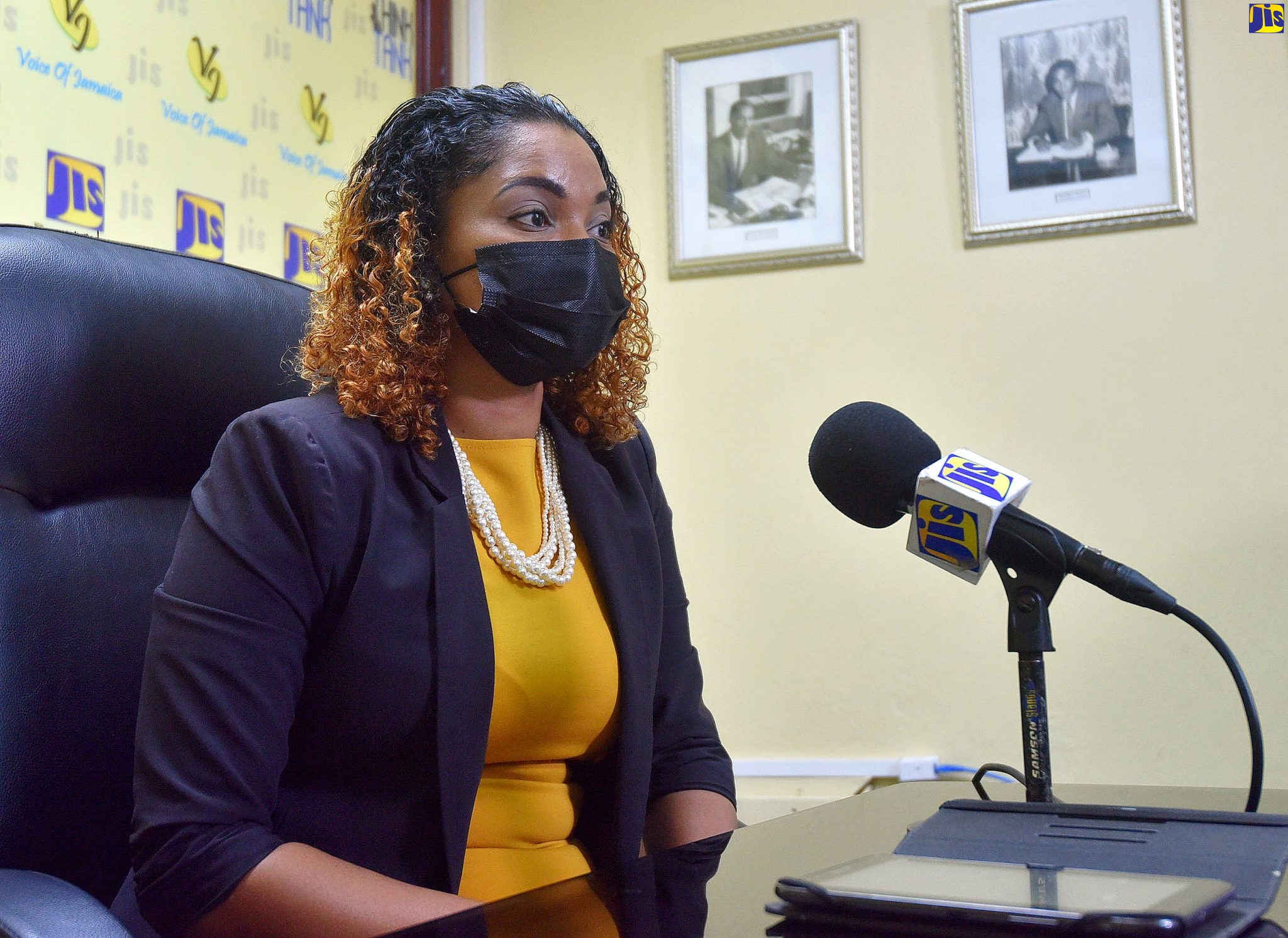Researcher Wants Nutrition Labels That Can Lead To Healthier Food Choices
By: , March 8, 2021The Full Story
A researcher is calling for nutrition labels that provide consumers with information that can be easily read, so they can make healthier food choices.
In an interview with JIS News, winner of the Award for Best Student Oral Presentation at the 2020 staging of the National Health Research Conference, Vonetta Nurse, explained that she undertook a study of consumers in Kingston and St. Andrew.
“This was done to determine the use, understanding and perception of nutrition labels on sugar-sweetened beverages and related socio-demographic factors among adult consumers,” she explained.
A mixed method, cross-sectional study of 350 adult consumers between the ages of 18 and 75 purchasing sugar-sweetened beverages at supermarkets was done.
Miss Nurse explained that the study was done against the background of an increase in obesity and non-communicable diseases (NCDs) in Jamaica.
“This is of particular public health concern, as NCDs continue to be the leading cause of death and disability in Jamaica. Statistics have shown that 70 to 80 per cent of deaths are caused by NCDs,” she said.
Miss Nurse pointed out that the recent Jamaica Health and Lifestyle Survey III (2016) would have shown that there has been a marked increase in obesity in children in the past 10 years.
“Public health concerns remain and even in our current environment, obese persons, and persons with underlying NCDs are more at risk of serious illness, complications and even death from COVID-19,” she warned.
She added that the situation has left the population with numerous vulnerabilities in the face of the pandemic.
“With this background, obesity and NCDs have been linked to unhealthy eating, in particular. The overconsumption of sugar-sweetened beverages is a leading risk factor for certain NCDs, such as Type Two Diabetes, and certain cardiovascular diseases,” Miss Nurse noted.
She further pointed out that in the Caribbean, generally, there is a high intake of sugar-sweetened beverages and that more than two thirds of Jamaican teenagers actually consume one or more of these beverages per day.
“It only takes one beverage per day to put you at a higher risk of being overweight and obese,” Miss Nurse said.
The major findings of the study were that 65 per cent of the participants (144 males and 205 females), whose mean age was 34.44 years, read the nutrition labels when purchasing sugar-sweetened beverages.
Females, employed persons and persons with three or more children under 18 were three times more likely to read the nutrition label.
Females and persons with tertiary education were twice as likely to be competent in understanding the label.
Persons 30 years and younger were three times more likely to be competent at understanding the label.
Miss Nurse is a student in the Department of Community Health and Psychiatry in the Faculty of Medical Sciences at the University of the West Indies.


